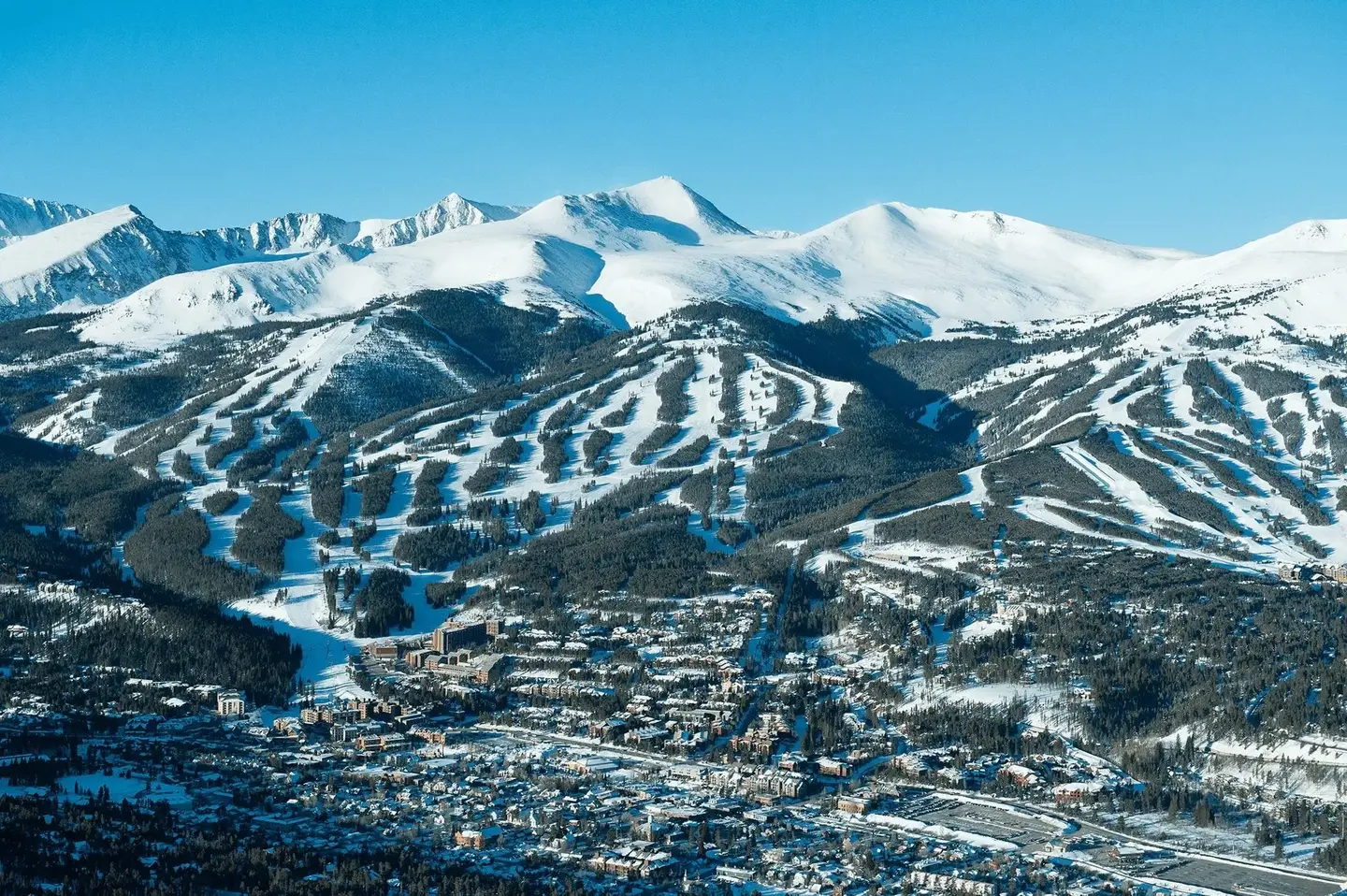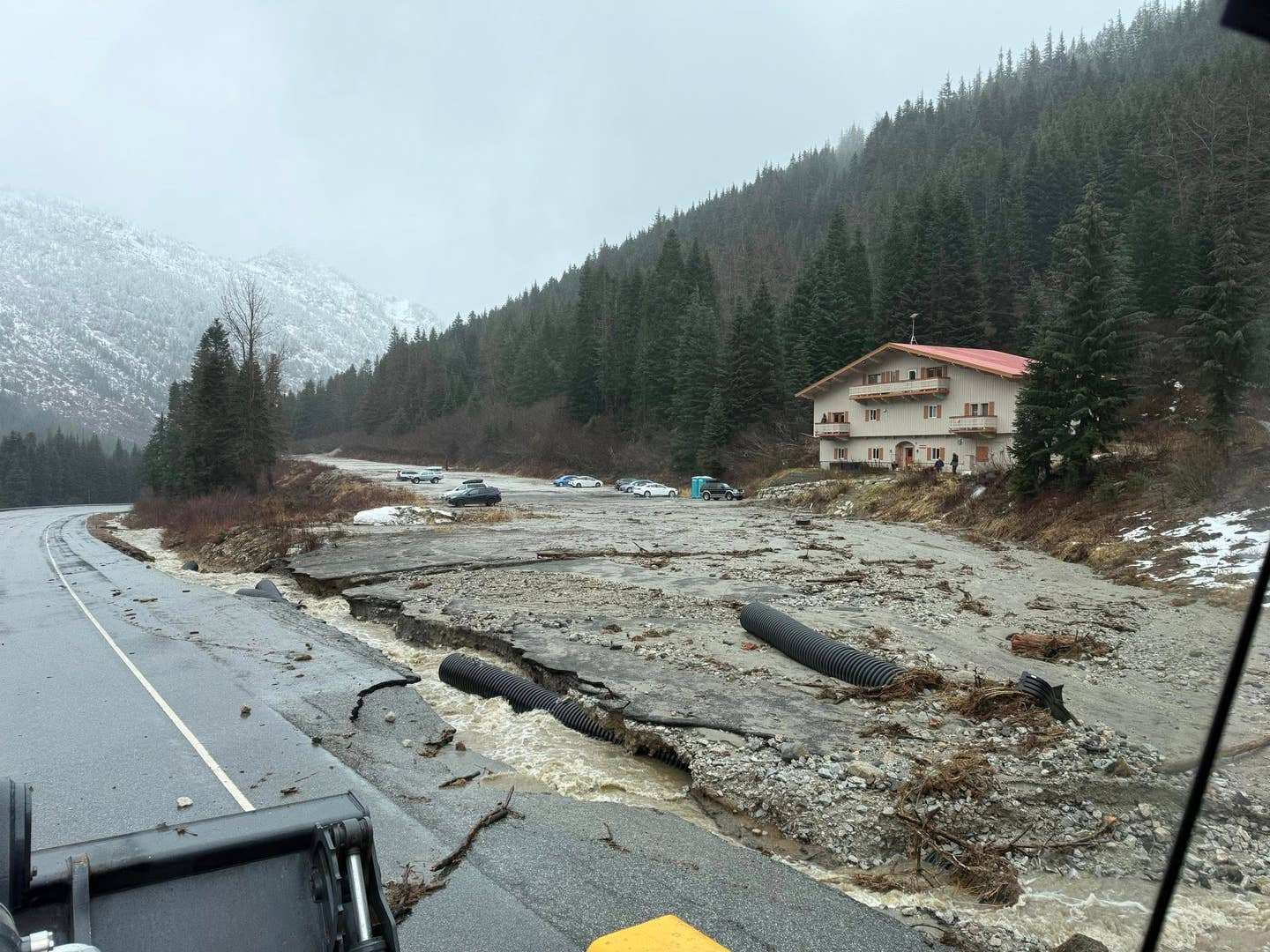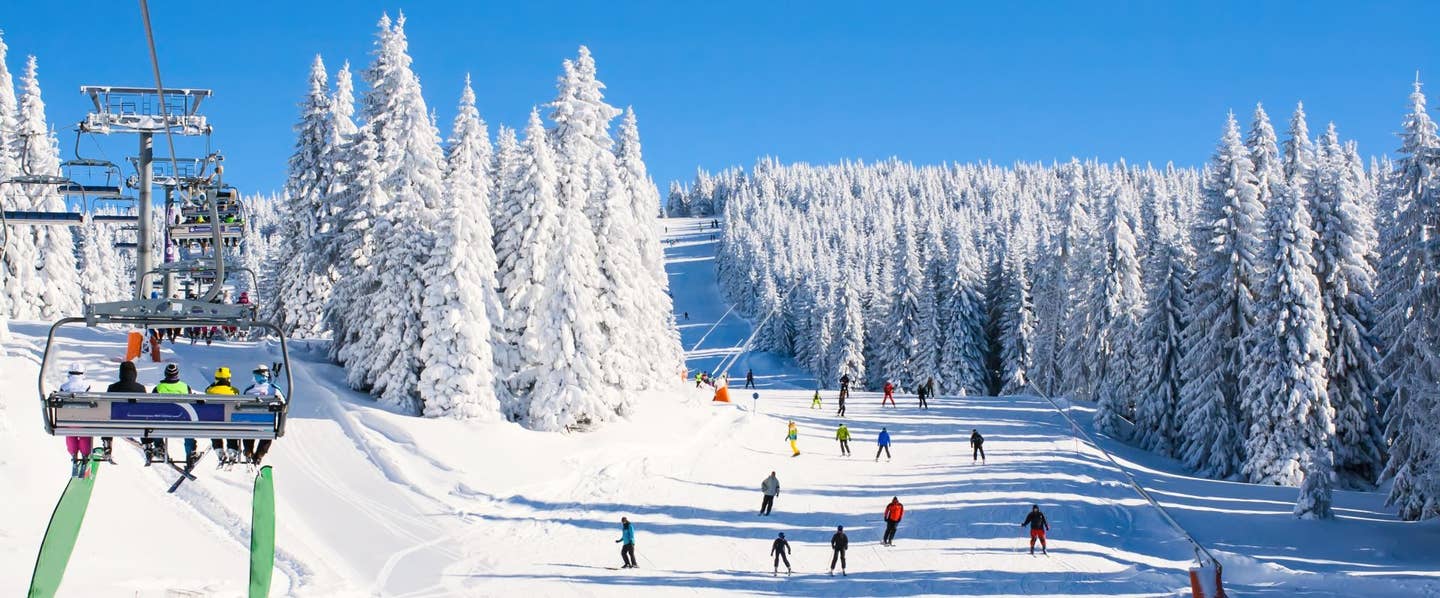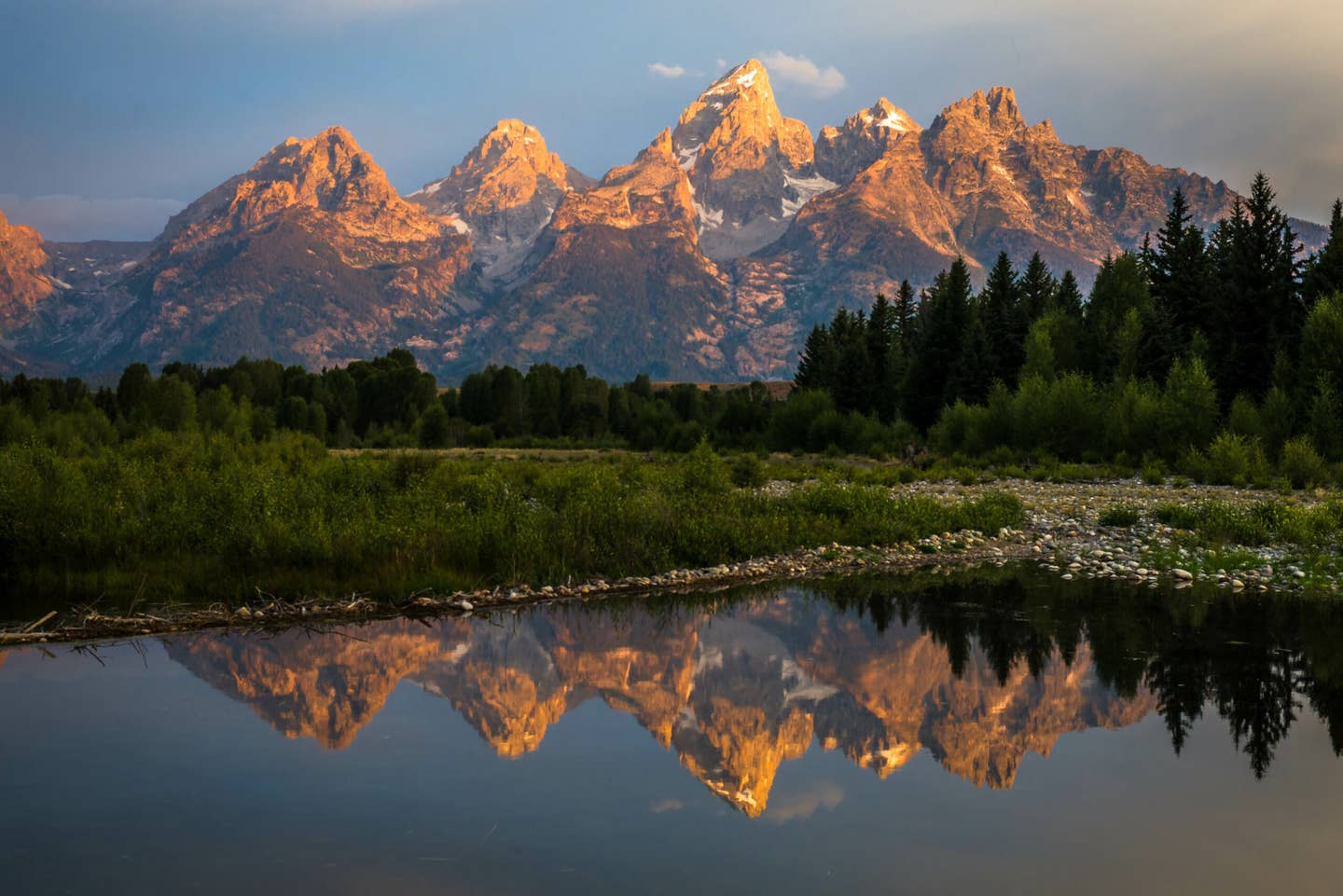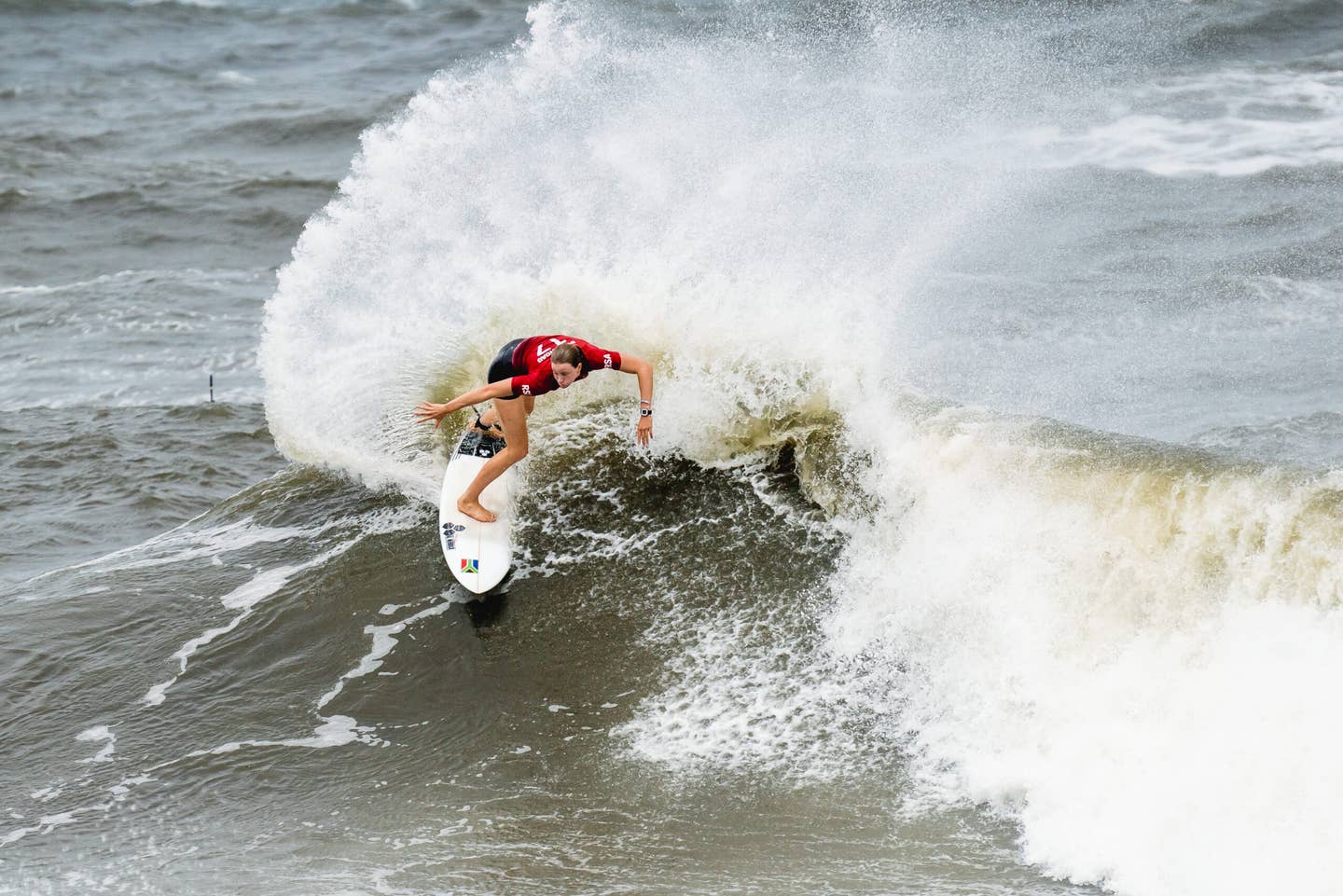

Let’s Talk About Localism: Bike, Snow, and Surf Professionals Chime In
Popular Stories
Few things in outdoor sports can stir up a passionate debate like the topic of localism. Whether you have witnessed it, been on the receiving end of it, or deploy localism tactics yourself, it's something everyone will experience someday while doing a sport that requires sharing.
While localism is infamously synonymous with surf culture as depicted in Hollywood films, it is certainly not exclusive to surfing. It's a phenomenon that transcends many outdoor sports, from catching waves, to breaking trail through fresh powder in the mountains, to blazing down mountain bike trails.
To get a better idea of how localism affects different outdoor sports, we spoke with three respected athletes that understand the ins and outs of their respective disciplines as well as anyone: professional freeride mountain biker Alex Showerman, retired professional surfer Bianca Buitendag, and IFMGA mountain guide Zahan Billimoria.
All three are natural leaders in their respective sports. Showerman is a queer trans woman who has become an outspoken voice in advocacy of underrepresented groups in mountain biking. Buitendag, a South African surfer who prefers the privacy of a social media-free life, capped off her professional career with a silver medal at Tokyo 2020, just one of three medals her country received. Billimoria, who relocated to Wyoming as a young man with dreams of becoming a mountain guide, leveraged his relentless ambition and determination to earn a spot among the most reputable, seasoned guides in the region.
We racked their brains to hear their opinions on how localism affects their respective sports, the at-times controversial practices localism entails, and their message to those who are using extreme localism to exclude others from where they recreate.
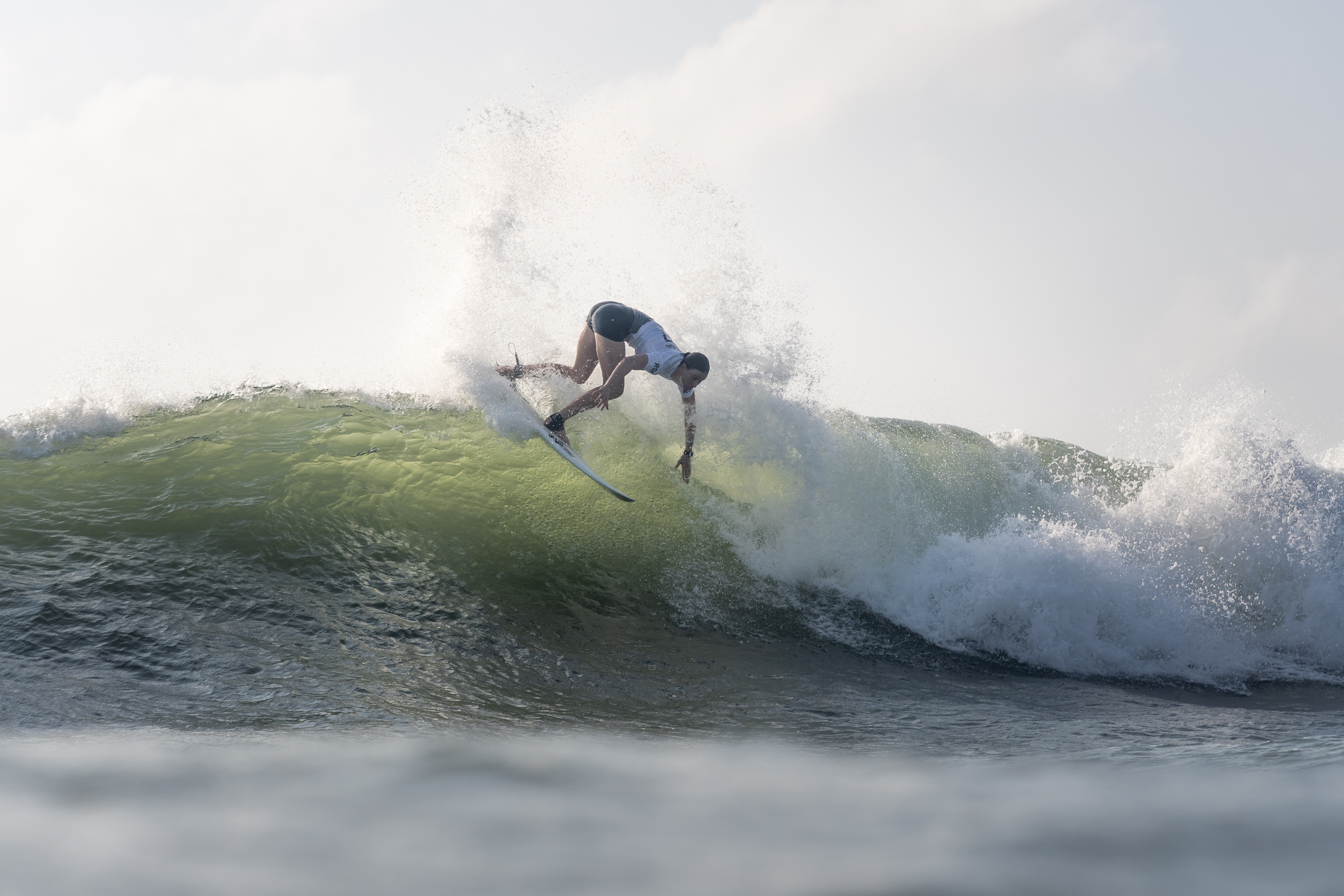
TGR: How does localism manifest in your sport?
Alex: I think localism is definitely very present in mountain biking. But I don't think it's as bad as snow sports in my experience, or maybe surfing. We have lots of legally sanctioned access to incredible riding in a lot of places, thanks to incredible community oriented trail based non-profits. These legal publicly accessible trails allow for a lot of mountain bikers to enjoy the sport. It's really hard for people to be protective over a trail that is on publicly accessible land, is mapped and signed, and receives public/community funding.
I also don't want to be naive, and say the sport is problem-free because I have a lot of privilege. I'm a sponsored rider and have a lot of connections in the community, so it is easy for me to find places to ride. Who you are and who you know shouldn't dictate your ability to access rad trails.
Bianca: Localism is a type of hierarchy that determines which surfers have priority when the best wave comes along. Usually the surfer that has spent the most time in the water at that particular spot and has the highest level of surfing gets to choose the waves first.
Surfing is unique in the sense that it takes place in an unpredictable, communal environment (the ocean). I have been surfing fairly regularly for the last twenty years, and have only been victim to localism a handful of times. I think it is getting much better.
Zahan: I hear voices that really resent the popularity of the Tetons and I get that. If you are hiking up Garnet Canyon in January and there are other parties there, you feel a little disappointed. The solitude of being in the mountains is what is so mind-blowing about it. If you have to share it you lose that sense of solitude. It is a bummer, but it's life - the mountains are more popular these days, and overall that's a good thing for humanity. We all need to play outside.
Many of us experienced the Tetons in an era when you were very much alone. Today anywhere that is skiable you can expect to find other people. There is a sense of loss of what it used to be, but there is always solitude if you are willing to walk for it. When I came 20 years ago, I undermined that experience from the people before me. But at the end of the day, I think we are all playing on stolen land - so none of us are really entitled to be here.
We have all popularized the experience. I am as responsible as anyone. I am a mountain guide. I am on social media. I helped to put a place like Jackson on the map. Most of us have contributed to that - guides, photographers, athletes. I accept that. It's ok that we have a character in the Tetons - a certain ethos and identity. I love that I inherited a way of traveling in the mountains that was handed down from all these great adventurers that came before us. That's part of the richness.
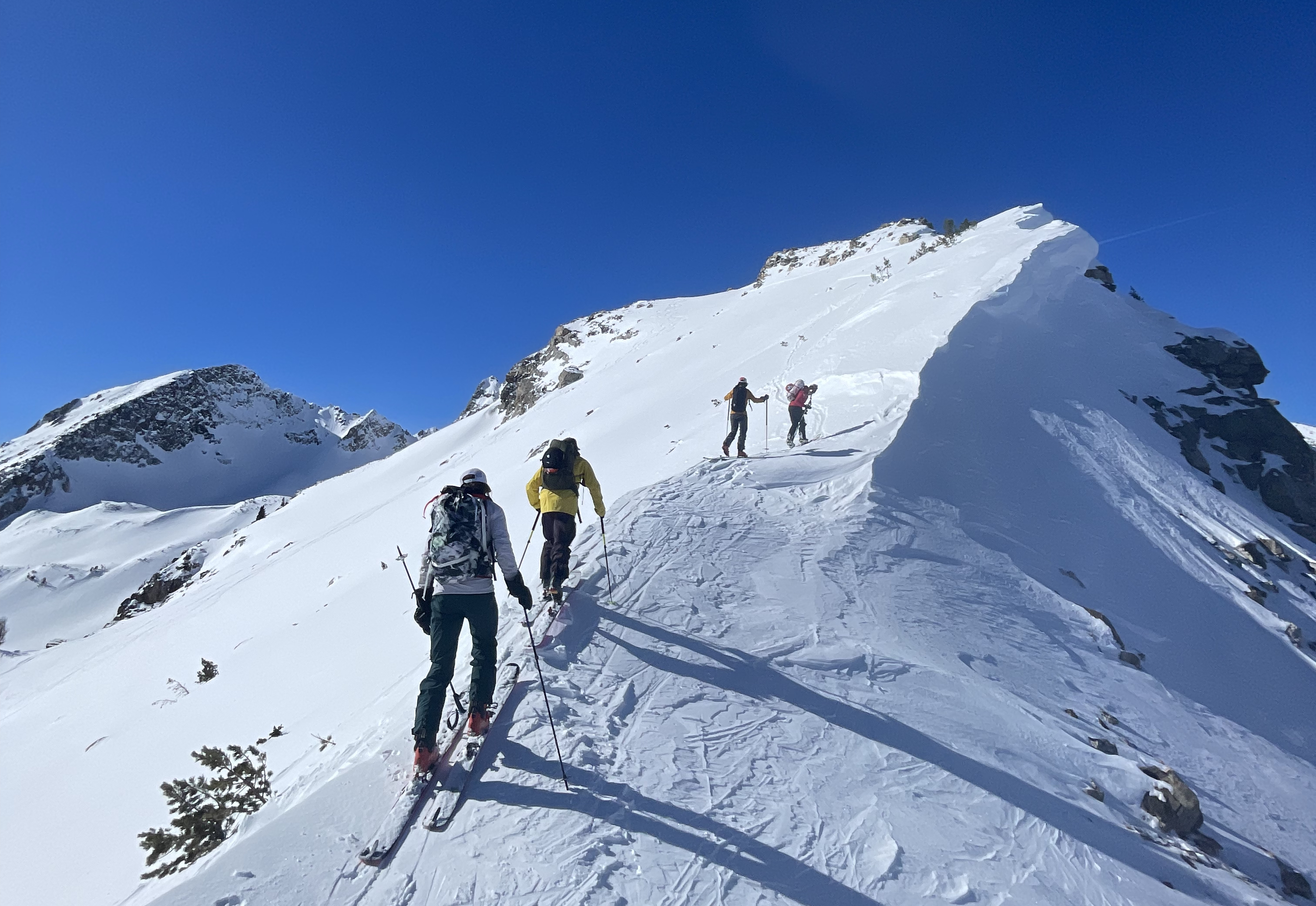
TGR: Where have you noticed localism is the worst in your sport?
Alex: There are pockets where the sport is extremely localized, but I have been fortunate that I've lived in places where we have really awesome advocacy organizations, like the Vermont Mountain Biking Association or Evergreen in Washington. These community orgs have built strong welcoming communities, created public access, and made the culture of shared access the norm. I've found places that don't have those advocacy organizations, where it's kind of like a 'who you know cool kids club' going out and building the trail, can be really gate-keepy.
The community pays the price of that as well. The places with vibrant community organizations around the trails are thriving with local businesses, a wide variety of people and ability levels on bikes, and an overall vibe of being a part of something special. Those places with more localism, tend to feel kind of dead, not very fun, and proactively harm the long-term health of our sport.
Bianca: I have seen localism more evidently in countries like Hawaii or Australia, where surfing is more integrated in the culture and contributes a lot to the population's identity.
Zahan: You see localism more in and around the ski areas (resorts). There is a lot of it there, this whole hierarchy of who belongs and who gets the inside scoop - all that garbage. My impression is that it's a ski area thing, but I don't ski there, so honestly I don't really know.
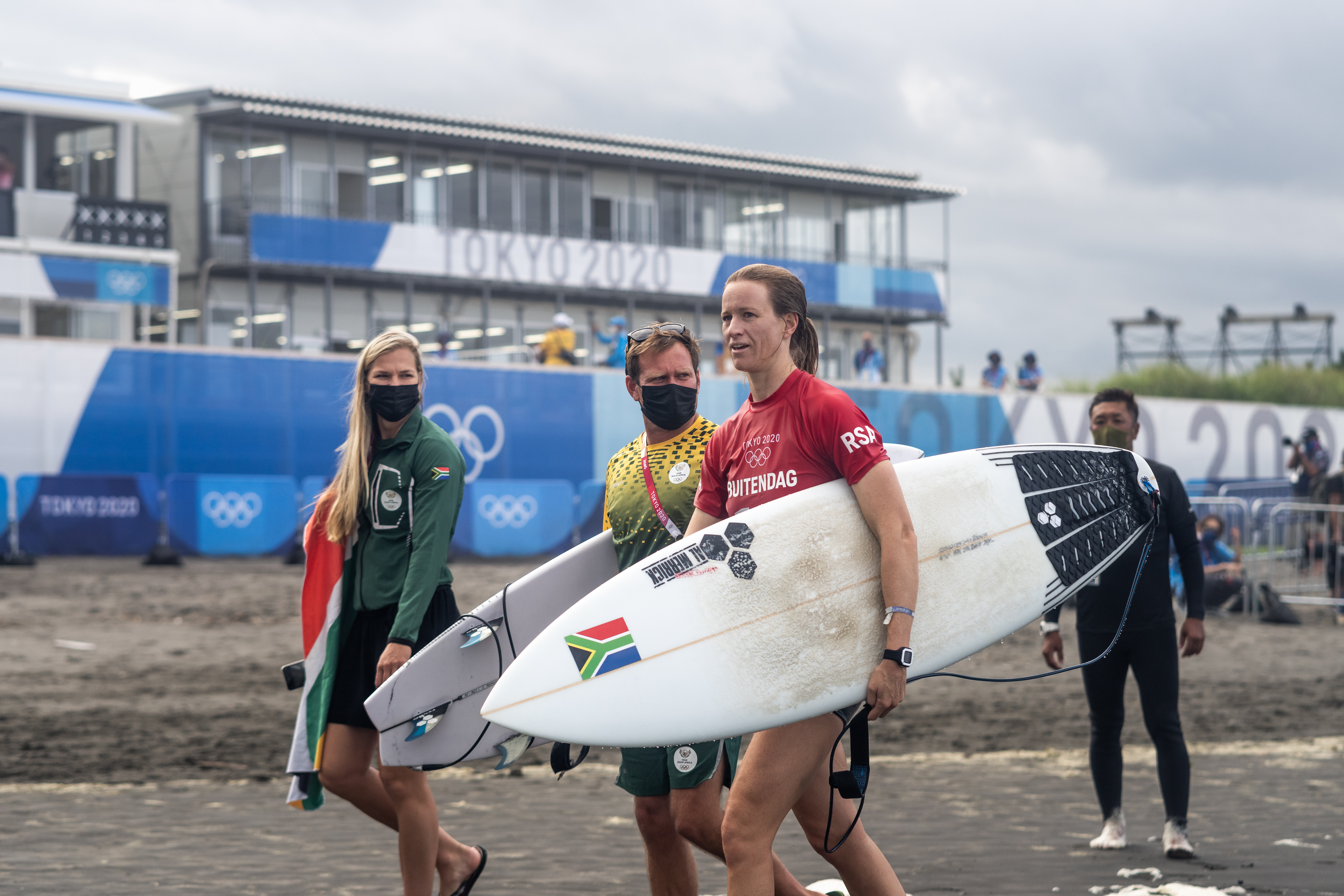
TGR: Is localism good or bad in your eyes?
Alex: It's just another barrier for people we shouldn't be putting up. It shuts doors for people who could be important parts of the community, and stunts the long term growth of the sport. As a queer trans woman, I am acutely aware that localism upholds the status quo and is a huge barrier for people who are new to the sport and/or don't look like the dominant demographic. Localism upholds racism, sexism, and homophobia, by allowing a select few to dictate who gets access. If you don't look or act like the mainstream demographic, localism prevents you from participating in the sport, because you can't even begin to find places to ride.
Also, In the era of Instagram, Strava, You Tube, Trail Forks, etc. with all these digital resources, it's so easy to find. You're not protecting a secret stash... all your being is a jerk.
Bianca: I think there is (an acceptable amount of localism). You need a system that keeps everyone in check, rewards respect, and suppresses greed. It can be a non-aggressive type, but there needs to be fair play.
Zahan: I've been in the Tetons for 20 years. I think where I come from there is a culture that is unique to the Tetons. It has been passed down. It has history. It has character. I like that. I don't want to see a world in which we all play by the same rules. The mountains and the character of the people shape the culture of each range. So in that sense respecting the local culture of a range is important, it's what makes traveling the world to climb and ski worthwhile.
In an extroverted social media era, the Tetons have an introverted kind of culture. There is a secretiveness to it. A younger generation might feel like this is exclusive. I get that. But I am resistant to a homogenous global ski culture where everybody plays by the same rules, uses the same language, and perceives the mountains the same way. That's not something I want.
Sign Up for the TGR Gravity Check Newsletter Now
TGR: What are the unwritten rules that are important to know?
Alex: Don't be an entitled jerk. I kind of say that flippantly and jokingly, but I do think that there is a strong emphasis on treating other bikers and other users with respect, understanding that it is a shared resource.
Be friendly and help out. No dig, no ride is a classic mountain bike, dirt jump statement. If you're going to enjoy these trails, come out and dig, it's a great way to make new friends and meet new ride partners!
Bianca: If you are new to the area, start at the bottom (of the point or reef) and work your way to the top, respectfully waiting your turn.
Zahan: One of the characteristics of Teton skiing is a top-down mentality. When you arrive at the top of the line, you manage the hazards going top-down. In other places, like the neighboring Wasatch Mountains, it's completely different. That's a bottom-up culture. That's the old school way: climb what you intend to ski. That's a terrible idea in the Tetons because you won't know that someone else has gone up the back and they will drop down on top of you. As soon as they start skiing the mountains will fall down on your head. In the Tetons we would say it's the responsibility of the person coming up.
Another one is that the team that does the majority of the trail breaking gets first dibs on the way down. If you catch a party and then overtake them because you are fresher and you benefitted from all the work they did, when you get to the summit, you should wait. It's not your turn.
In places with less snowfall, like Chamonix, there is no such rule. Whoever gets there first is first and you go. Because there is so little new snow, there is minimal trail breaking. In the Tetons the first party has done 50 percent more work than the party that follows them.
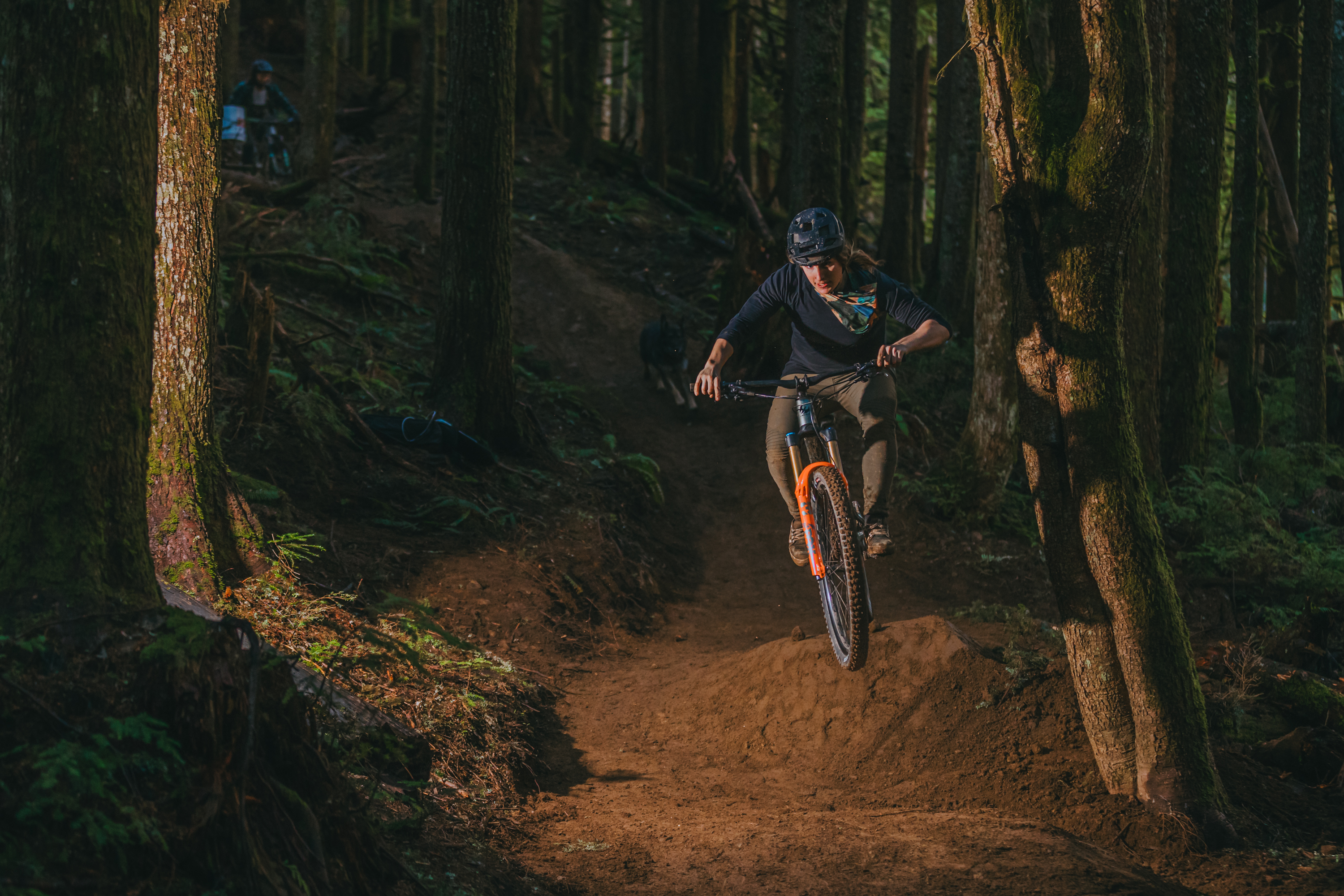
TGR: Do you have any memorable stories of localism?
Alex: Back home in Vermont there was a guy who moved there from New Jersey and built some trails over the years. As the sport grew and communities became more organized with more sanctioned and mapped trail networks, this guy raged on all the community forums and even complained to regulators/land managers about new trail development in an effort to get them shut down. It was the epitome of moving somewhere, taking a false ownership of it, and wanting to close the door for everybody else. It wound up being really detrimental to the whole community and was so frustrating to witness.
Bianca: I got snaked and dropped in on a few occasions - mainly at world-famous surf spots. When the wave is finished, I usually turn around and ask why they would treat me the way they have, whereafter we have a rational discussion and they usually apologize. There are many civilized ways of dealing with confrontation.
Zahan: I'm not the right guy to answer that question because I have been living in the Tetons for too long. I don't feel excluded because I'm embedded in the community. How does a new generation of skiers feel about the Teton culture and how inclusive it is? I'm not sure I would know the answer to that. Weird things happen in the mountains, but I don't know that anything I am aware of is connected directly to this phenomenon, like an older generation trying to box out a new generation.
TGR: What would be your message to those using localism to protect their trails, waves, and mountains?
Alex: Nothing brings me more joy than seeing other people enjoy a trail that I created. Localism robs so many of having an amazing experience and is detrimental to the long term health of our sport. In my experience with outdoor sports culture, everybody is so nomadic and everybody travels so much. It's so hypocritical to be protective of your local trails and then travel to other communities and expect to be shown the goods.
Also, as we look to the long term health of the sport, demographics are changing. Communities are more diverse. Women make up 40 percent of all who identify as athletes (mountain biking lags way behind this, thanks to localism and a lot other factors), and more people identify as LGBTQ+. Localism is a form of gate keeping that keeps younger, more diverse and new riders from entering the sport. If we want mountain biking to thrive, we need to be proactively calling people in, not putting up barriers keeping people out.
Bianca: I would say, if the line-up was filled with your family and friends, how would you behave? I truly believe how someone carries themself in the water is usually a true reflection of their character.
Zahan: Get over it. They are not our ski routes anyway. There is nothing about those routes that is yours or mine. Even if we think we somehow were the first to grace this slope with skis, it doesn't matter. We weren't the first people here. We have no claim to the terrain. We are operating on land that was stolen from the original people. There is no virtue in that territorialism.
A little respect goes a long way
Alex, Bianca, and Zahan all have their own unique experiences that have shaped their worldview, and as a part of that, their opinions on localism. However, their expertise carries weight and their messages, while unique, all share a common thread: No one owns nature and be kind. As complicated as it sounds, you can boil it down to some pretty simple principles to follow.
There's a fine line between sharing the sports we love and overloving/overcrowding the nature in which we recreate. While no one may be able to determine exactly where that balance lies, based on these athletes' expertise, as long as you are mindful of your impact on nature and those with whom you share your outdoor areas, you are on the right track to making the experience better for everyone.
